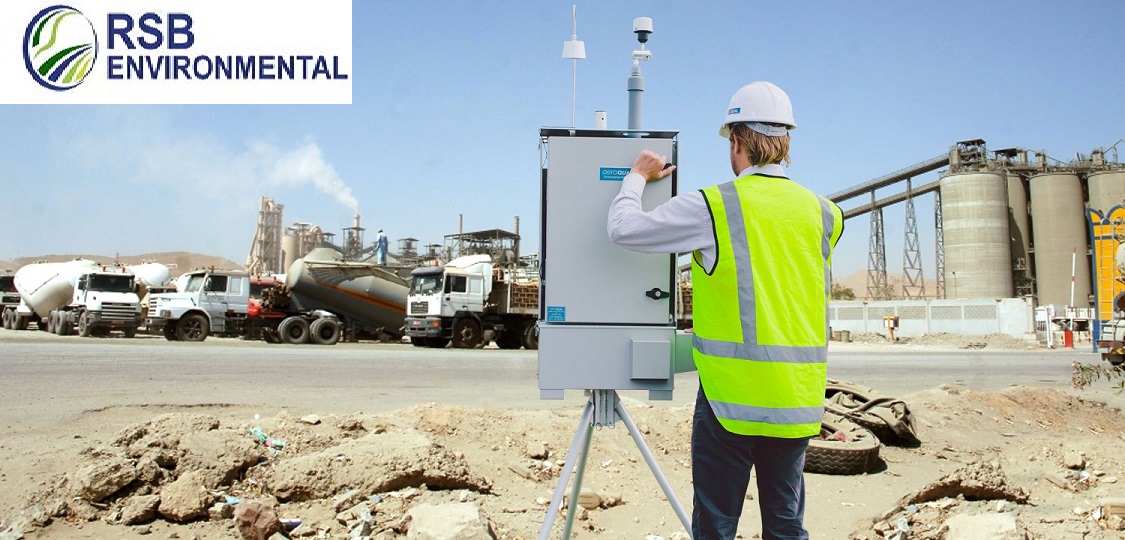It is of no surprise that investing in the real estate business is always daunting and risky. However, the returns on the respective investments depend on several factors such as the change of market value, location, loan terms, tenants, natural hazards, soil type, and much more.
Amidst these factors, one of the major risks associated with the property is through environmental liabilities. The environmental liabilities are bound to have both legal and financial ramifications for the investors, and can restrict the ability to utilize or lease a property. A bare-minimum due diligence that helps understand such environmental liabilities is Phase I Environmental Site Assessment (aka ESA). And this is not limited to real estate investors. There is a growing number of real estate agents who seek a Phase I ESA before even listing a property for sale. THEY ALL WANNA KNOW WHAT THEY ARE SELLING AND WHAT THEY ARE INVESTING INTO!
Let’s deep dive into learning why phase I environmental site assessments are important today and why you should choose a reputed and reliable organization to conduct such assessments.
Reduces Business Risk Factors:
In most of the cases, property owners overstate or ignore the condition of the surrounding properties, which may impose negative consequences in the future. It is important to understand that contamination level with the respective level of the CERCLA liability. CERCLA liability can be devastating or dangerous to the property owners, which can cost in millions of dollars to fix.
Moreover, the localized soils and groundwater contamination are critical and require immediate actions before you delve deep into the process of construction. The identification such critical concerns can be easily managed by the professionals who are well-acquainted with the phase I environmental site assessments. Moreover, they can quickly resolve the issues by conducting further surveys and investigations.
Fulfilling the Lender Requirements:
When it comes to real estate business financing, the lenders will demand at least a Phase I ESA that provides details about the onsite and surrounding property operations that might potential contaminate the subject property subsurface environment, soil type, geographical setting, historical facts, etc. This helps the lenders gain understanding of the environmental liabilities associated with the Subject Property when it comes to financing. Moreover, the lenders only accept the Phase I ESAs performed within a year from the date of financing. If the Phase I ESA is older than one year, they will demand a revised Phase I ESA. This demand considers that there can be developments in the surrounding areas or on the Subject Property within a year that can potentially change the findings of a Phase I ESA.
The lenders/banks significantly weigh Phase I ESAs to determine the amount of loan to sanction and the cash requirement of escrow account. There is no way to bypass a Phase I ESA if financing a deal through the bank.

Better Environmental Survey:
The Phase I ESAs provide valuable information about the potential sources of contamination. It can be past operations on the site, or a leaking petroleum tank on gas station adjoining, the factual description is provided for the cause of contamination and potential risks involved. Since a site inspection is mandatory as part of this assessment, the inspector can visually evaluate the conditions on site and surrounding areas. There is no other survey that delivers a comprehensive detail like Phase I ESA. Therefore, it is included and preferred to be performed as due diligence work corresponding to the real estate deals.
For more information Email us here: [email protected]
